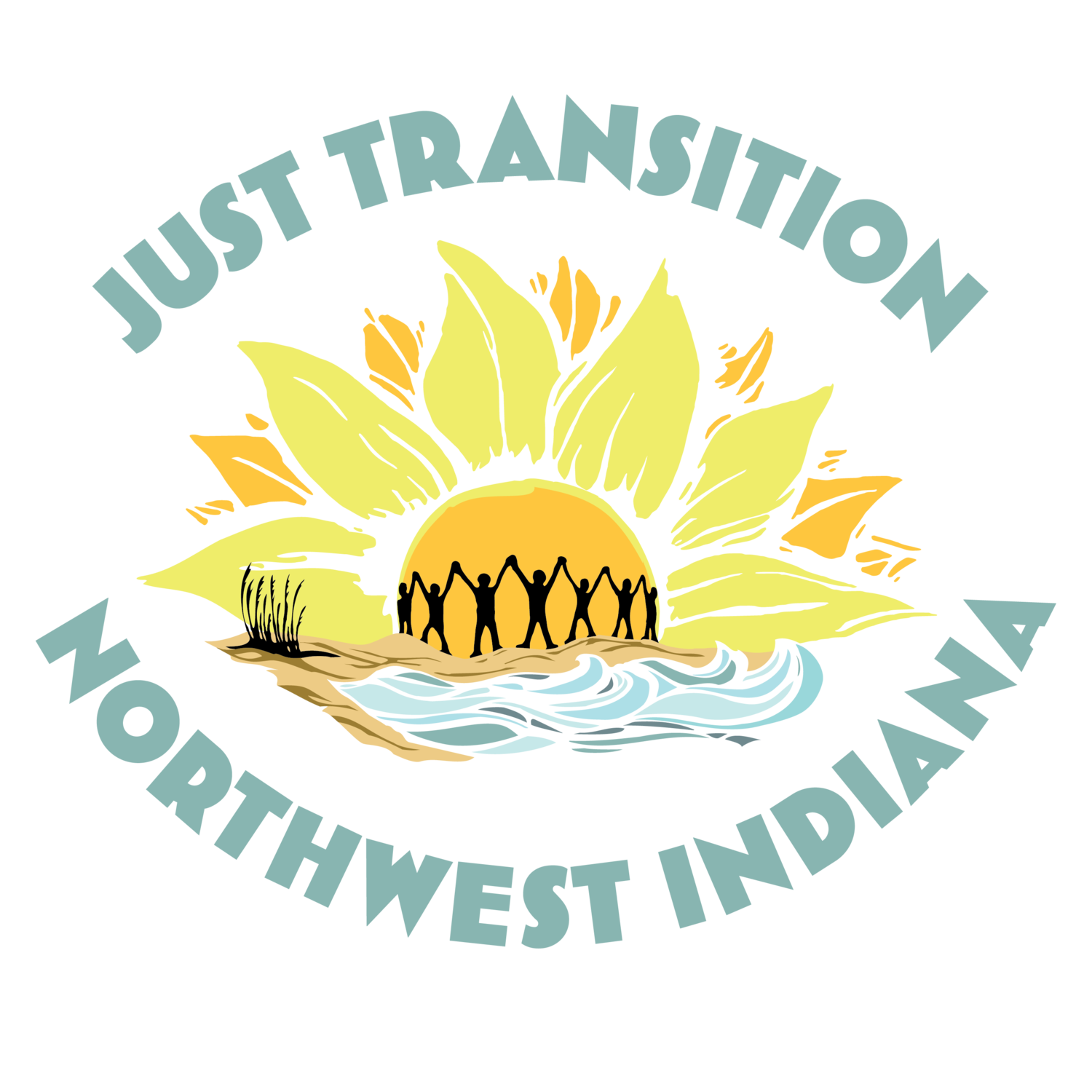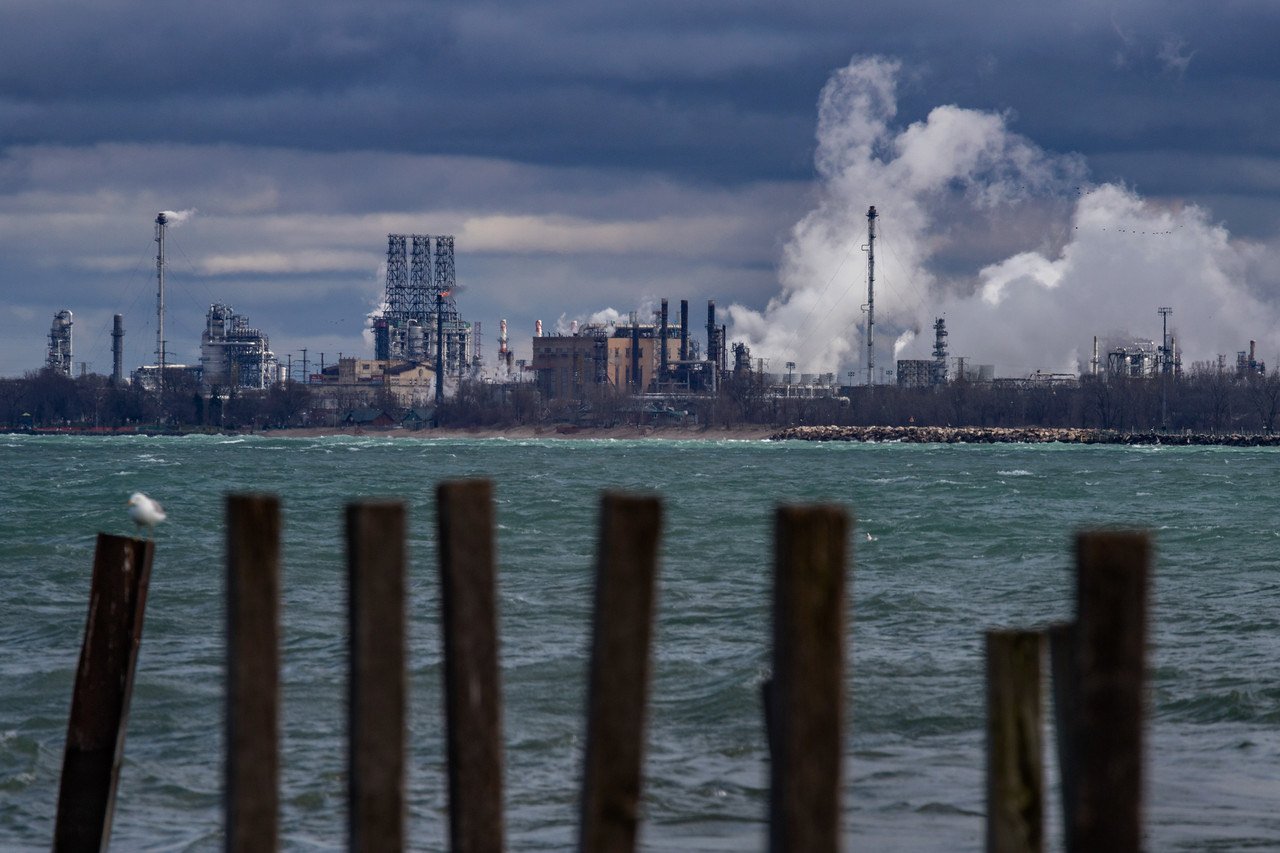What is a Just Transition?
“There is a Superfund for dirt. There ought to be one for workers.”
—Tony Mazzocchi, the late leader with the Oil, Chemical and Atomic Workers International Union
A just transition is a guiding principle that asserts a healthy economy and a clean environment can and should co-exist. As we transition away from fossil fuel-reliant industries, our goal is to support a sustainable future that’s fair for everyone, one that doesn’t compromise workers' or residents’ health, environment, jobs, or financial well-being.
A core tenet of just transition is that those most affected by pollution — frontline workers and fenceline communities — should be in the leadership of crafting policy solutions.
Beyond its origins in labor and environmental negotiations, just transition has evolved into a comprehensive framework for shifting from an extractive economy to a regenerative one.
This is achieved through:
Democratic decision-making: Ensuring everyone has a voice and a seat at the table.
Unionized job creation: Developing unionized jobs that provide family-sustaining wages and comprehensive benefits
Addressing historical social injustices: Addressing harms endured by low-income communities, communities of color, and Indigenous communities.
Community and worker ownership: Empowering local control over essential resources like energy, land, water, and food systems.
Ecological resilience and sovereignty: Fostering sustainable practices and community self-determination.
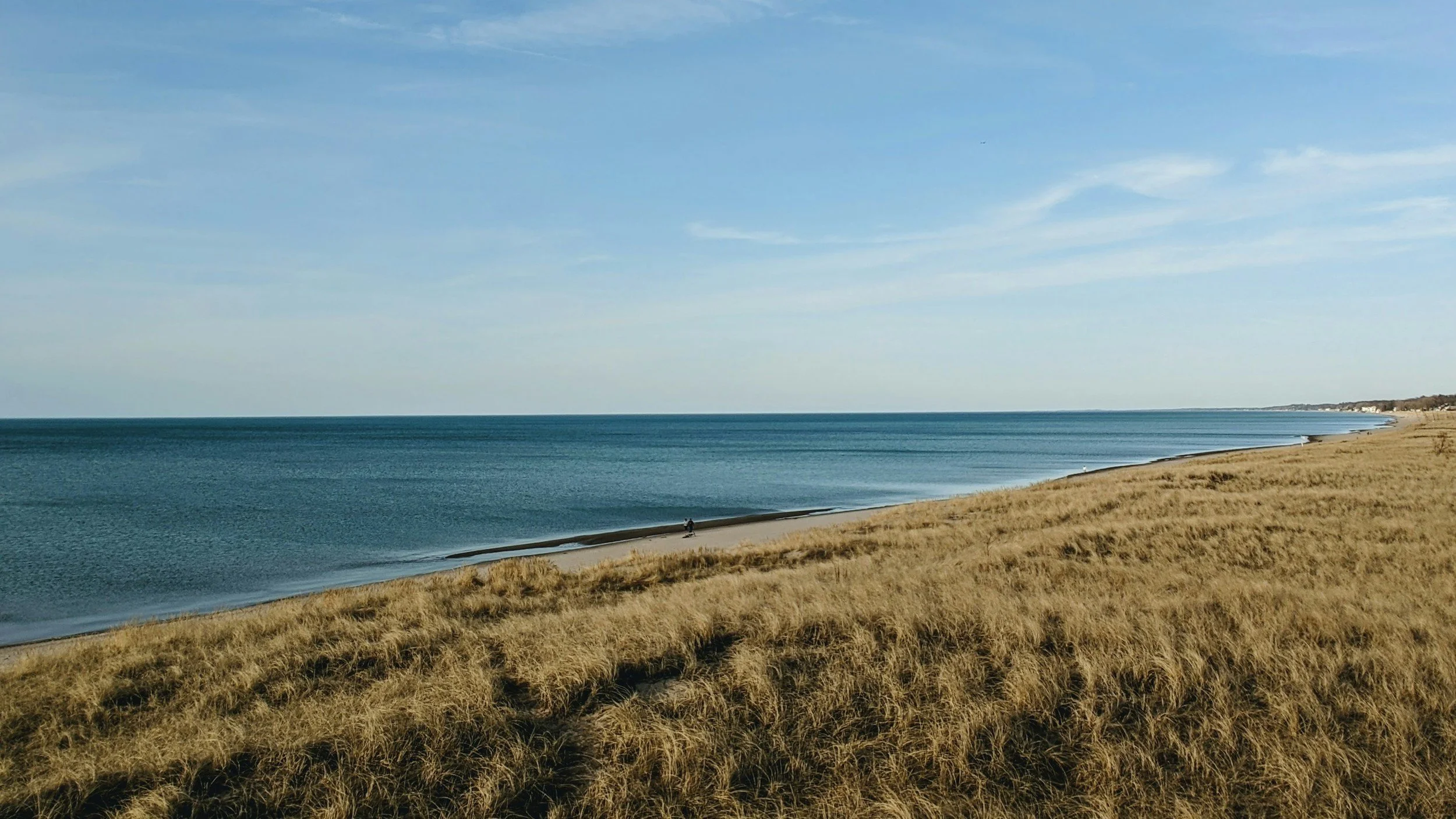
This framework establishes a trajectory from today's capitalist, extractive economy to a new, regenerative economy of tomorrow.
What is a Regenerative Economy?
A regenerative economy goes beyond minimizing the impact of destructive and extractive industries, instead emphasizing a positive vision for the future based on ecological restoration and community protection.
We believe that we can make this possible by centering justice in our organizing work, building equitable partnerships across our communities, and implementing fair, participatory processes to make space for everyone to participate in this vision for the future.
Here in Northwest Indiana, JTNWI is organizing at the grassroots level to confront NWI's decades-long designation as an industrial sacrifice zone to reclaim our community health, well-being, and narratives.
-

Buen Vivir
We can live well without living better at the expense of others.
-
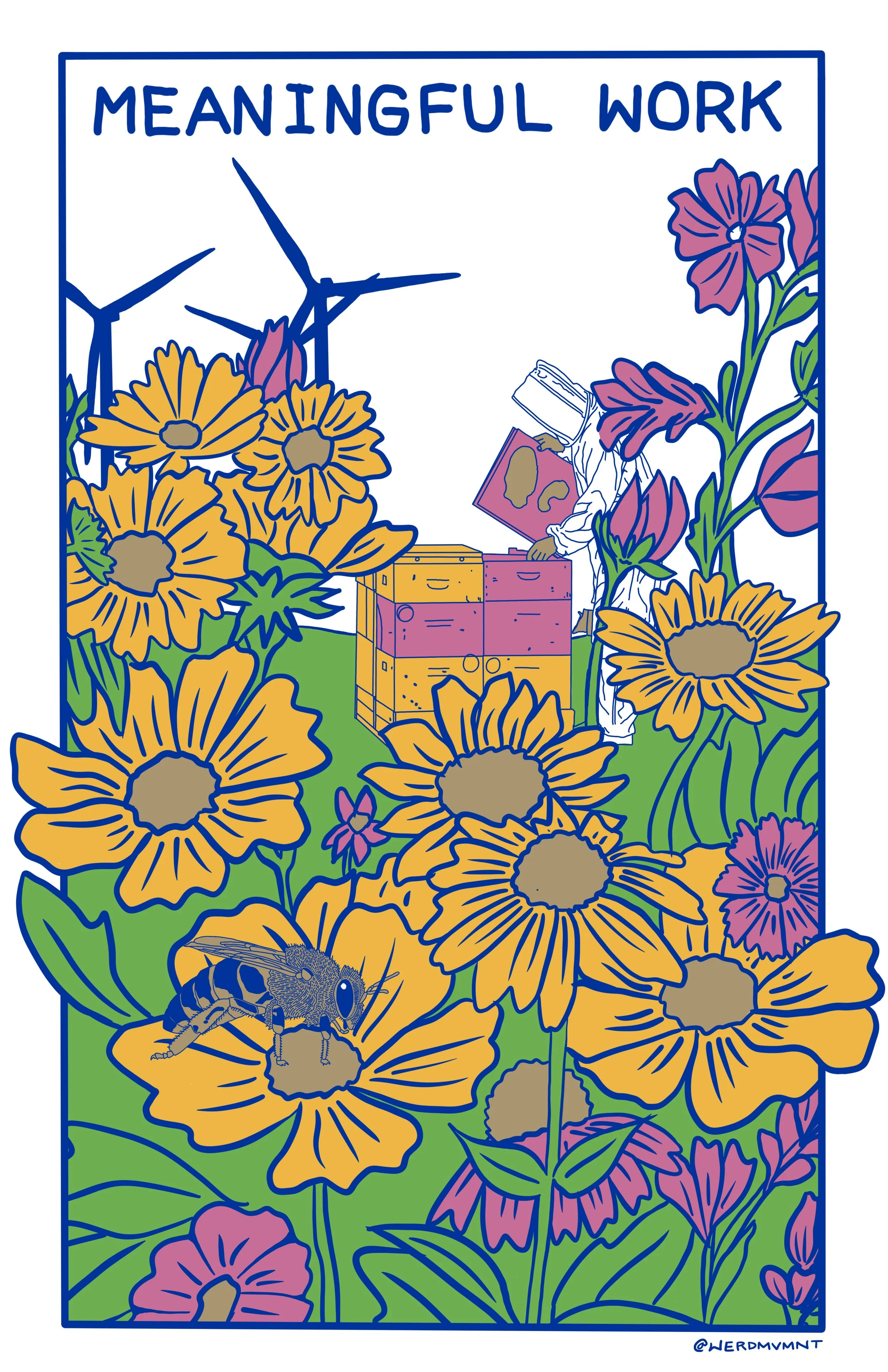
Meaningful Work
Create opportunities for people to learn, grow, and develop to their full capacities and interests.
-
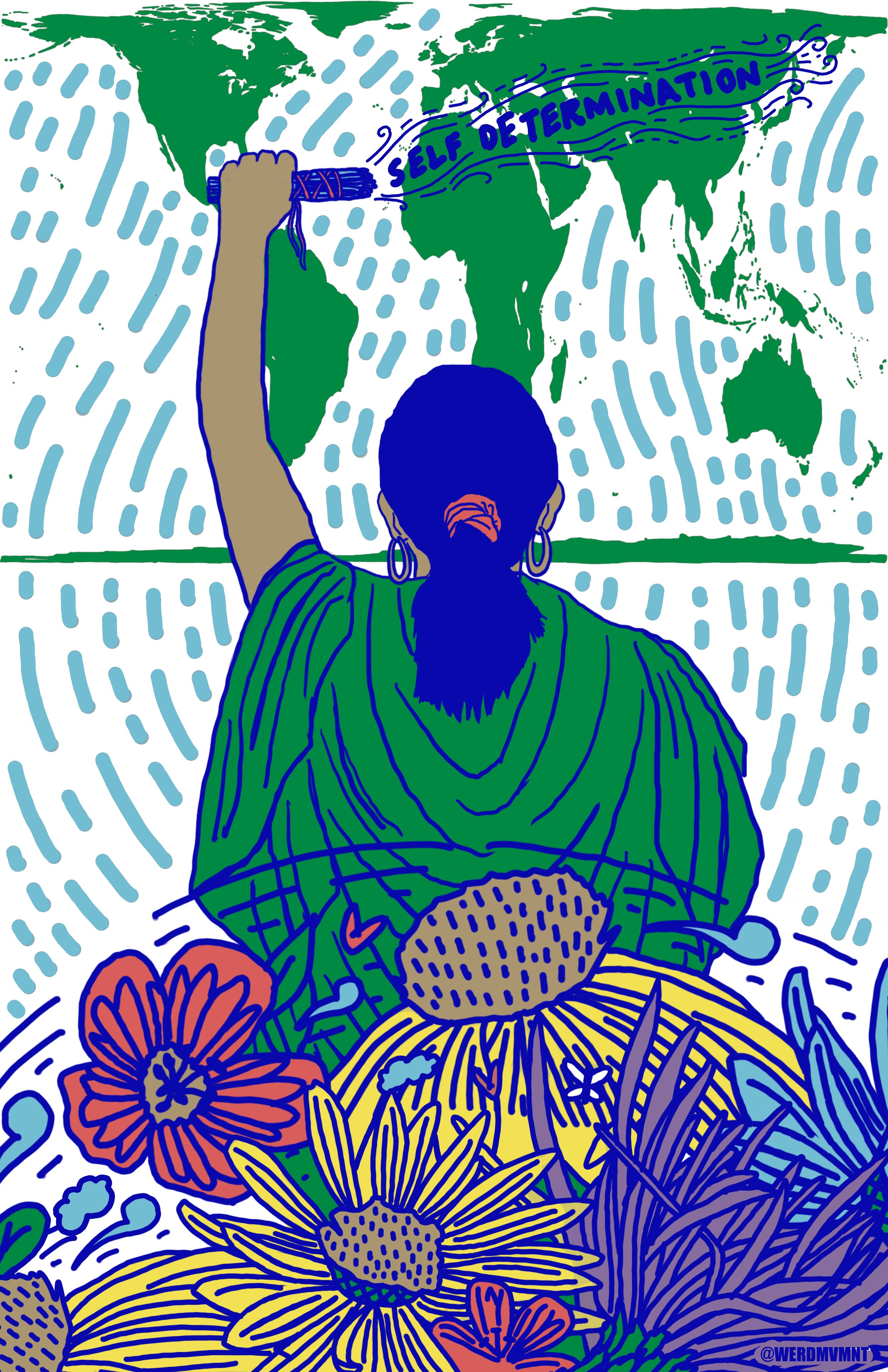
Self Determination
All peoples have the right to participate in decisions that impact their lives.
-

Equitable Redistribution of Resources and Power
Build new systems that are good for all people, and not just a few.
-

Regenerative Ecological Economics
Advance ecological resilience, reduce resource consumption, restore biodiversity and traditional ways of life, and undermine extractive economies.
-
Culture and Tradition
Create inclusionary spaces for all traditions and cultures.
-

Solidarity
Recognize the interconnectedness of our communities as well as our issues.
-
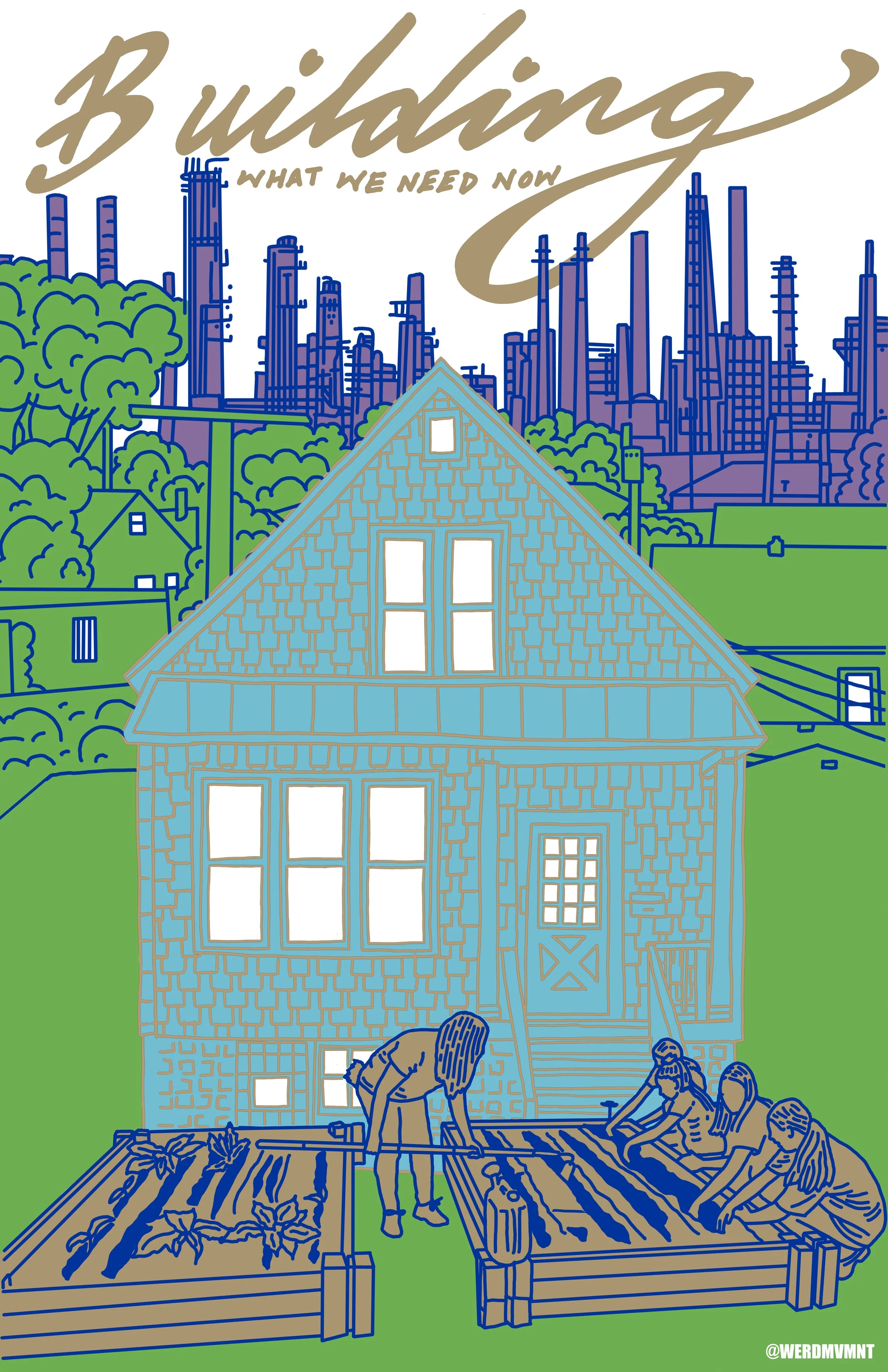
Build the World We Need Now
Because there’s no time to wait.
